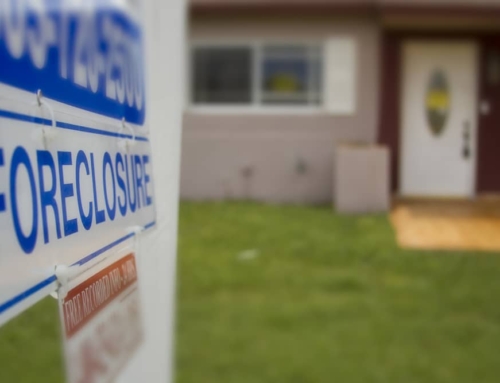Q: My fiance is going to graduate school in the fall of 2006 and will be there for about 5 years. He will be doing research for the school, and thus we will not have to pay out anything. In fact, he will receive a very low salary of around $20,000.
I will be working and currently earn about $25,000 per year. We are planning to get married next summer and don’t know if we should buy a house near his school, live there during his five years and then move (we’re quite certain we don’t want to live there after he graduates) or rent.
We both graduated from college this past May and are currently working. While we don’t have much credit history, everything we have is good, and by the end of this year we should have about $30,000 saved between us from past jobs, stocks and current saving efforts. We both recently got credit cards and always pay all our bills on time in full.
The idea of renting in grad school appeals to me because we wouldn’t have to worry about taking care of a home per se while he’s in school, but I’ve read that we could significantly save money if we buy a home in the long run.
Is it worth is for just five years? What if he ends up doing extra research and we stay eight years? Thank you so much for your help!
A: I love the idea of you looking out so far into your future to figure out what will be the best financial move for you and your fiance. It’s very smart to do some early planning and I can assure you it will pay off in the long run.
Considering that you and your fiance don’t earn that much money, you have managed to save an enviable amount. Clearly, you’re prodigious savers, particularly if you don’t carry a lot of debt and you manage your money well.
Since you and your fiance will have an income of at least $45,000 over the next few years, I think it’s a good idea to consider buying a house or a condo near school. You will probably save money over renting, or possibly pay the same amount if you include property taxes, insurance, a small decorating allowance, and other maintenance expenses.
But hopefully your property will appreciate in value to make this a good investment. Over the past few years, property has appreciated nationally at double-digit rates — far above the appreciation in the stock market. Depending on what you buy, it’s possible that you might be able to keep the property and rent it out down the line.
On the downside, if you are buying in an area that has had very rapid appreciation in the last couple of years and people are thinking that you may be in a “bubble” situation, if you buy you may not make much money if the market goes south or you could lose money if the market goes down and does not recover by the time you plan to sell. Predicting the market is difficult and in general the overall real estate market seems pretty healthy, but there may be pockets of areas around the country that may be affected and see prices drop.
While you’d probably have a few less headaches if you rent, you may find that homeownership is more fun than work. And what you buy is important. Condominiums are a lot less work typically than single-family homes. But now may be the right time — before you have children — to think about buying your first place.
Why don’t you talk to a local real estate agent who frequently does business in your neighborhood and commonly works with young families? He or she should be able to show you what is available, and can talk to you about how quickly property has appreciated in the area over the last few years.
And don’t forget to talk about location. If you buy on campus, the people who buy from you someday will also want a good location. If you’re buying in a neighborhood, think about school districts. You should try to buy a home in the best school district in the area. While you don’t have any children today, you might have them before you move and if you don’t, the people who buy your home from you might.
You should also figure out how much you can afford to spend. Given today’s mortgage interest rates, which are around 6 percent for a 30-year fixed rate loan, you might easily be able to buy a home for 3 to 4 times your gross annual income. There are plenty of online calculators that can help you figure out how much your mortgage payment will be.
While real estate has been appreciating quickly nationwide, property in some college towns has escalated even faster in value. But there are bargains to be had anywhere you look. Hiring a good real estate agent to be your eyes and ears will be a big help.






Leave A Comment